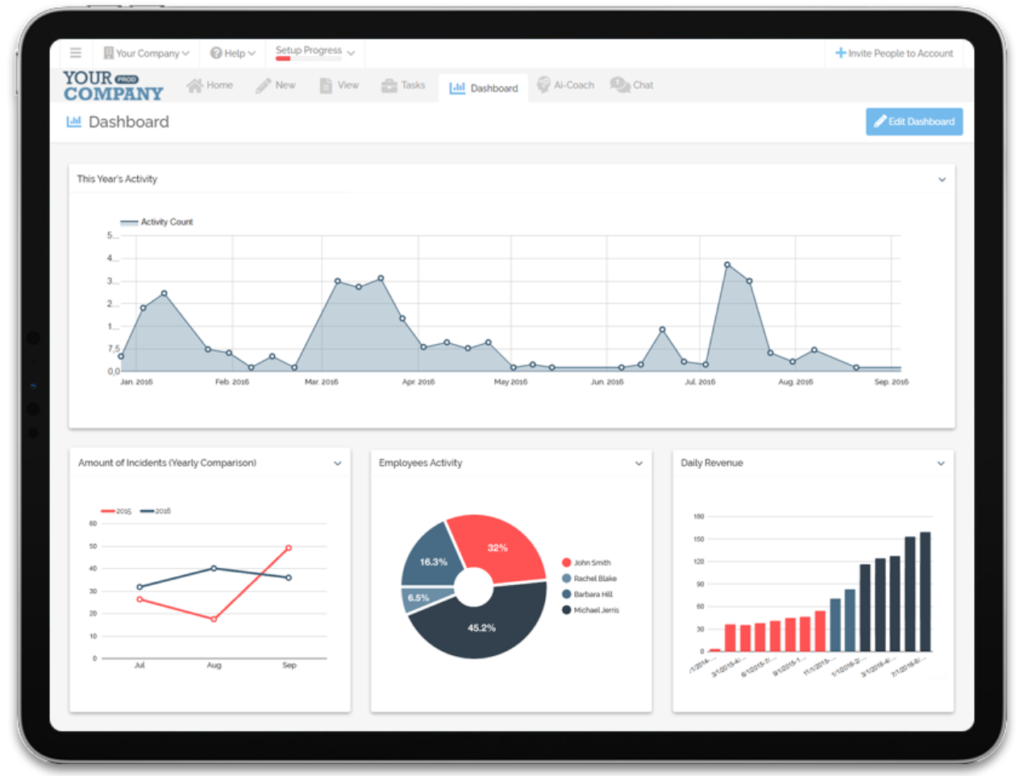As the world continues to embrace digital transformation, the oil and gas industry is not left behind. One of the most promising technologies that is revolutionizing this sector is blockchain. This article explores how blockchain technology, coupled with digital workflow solutions like FAT FINGER, can enhance security and transparency in oil transactions.
Understanding Blockchain in Oil Transactions
Blockchain is a decentralized, digital ledger that records transactions across multiple computers. It ensures that each transaction is secure, transparent, and immutable. In the oil and gas industry, blockchain technology has the potential to revolutionize the way transactions and contracts are managed and tracked. Blockchain is essentially a decentralized ledger that can record and validate transactions in real-time, eliminating the need for intermediaries and reducing the risk of fraud and errors.

Tracking and verifying transactions
One of the main applications of blockchain in the oil and gas industry is in the tracking and verifying of transactions. Currently, the industry relies heavily on paperwork and manual processes to record transactions, which can be prone to errors and fraud. By using blockchain, each transaction can be recorded on the blockchain ledger, which is immutable and transparent. This means that once a transaction is recorded, it cannot be altered or deleted, reducing the risk of fraud.
Manage contracts
In addition, blockchain can also be used to manage contracts in the oil and gas industry. Smart contracts, which are self-executing contracts with the terms of the agreement directly written into code, can be used to automate the execution of contracts, reducing the need for manual intervention and increasing efficiency.
Track asset movement
Furthermore, blockchain can also be used to track asset movements in the oil and gas industry. This is especially useful in the case of oil and gas shipments, where the movement of assets needs to be tracked accurately and in real-time. By recording these movements on the blockchain, all parties involved can have a clear and accurate record of the asset’s journey, reducing disputes and increasing trust.
Reducing fraud and enhancing efficiency
In conclusion, by reducing fraud and enhancing efficiency, blockchain has the potential to greatly improve the way transactions, contracts, and asset movements are managed in the oil and gas industry. By providing a transparent, secure, and efficient platform for these processes, blockchain can help to streamline operations and increase trust among all parties involved.
Benefits of Blockchain and FAT FINGER in Oil Transactions

FAT FINGER is a digital workflow procedure builder that empowers front-line teams to do their work correctly every time. It allows you to build checklists, workflows, and digital procedures that unlock operational excellence. With features like Drag & Drop Workflow Builder, Mobile & Desktop Workflows, Dashboards, Integrations, Augmented Reality, Connect IoT Devices, and Artificial Intelligence Coaching, FAT FINGER can be a game-changer in the oil and gas industry.
These two technologies coupled together, have the following benefits:
- Enhanced Security: blockchain‘s decentralized nature makes it difficult for hackers to manipulate the system. Coupled with FAT FINGER’s secure digital workflows, it ensures that all transactions are secure.
- Increased Transparency: blockchain provides a transparent record of all transactions. With FAT FINGER, you can easily track and monitor these transactions, enhancing accountability.
- Improved Efficiency: blockchain eliminates the need for intermediaries, speeding up transactions. FAT FINGER’s digital workflows streamline operations, reducing errors and improving productivity.
Case Study: Blockchain in Oil Transactions
A notable example of blockchain in oil transactions is the VAKT platform. This blockchain-based platform is used by major oil companies like BP, Shell, and Equinor to digitize and streamline their post-trade processes. The platform has significantly reduced paperwork, improved operational efficiency, and enhanced security and transparency in their transactions.
Conclusion
Blockchain technology, coupled with digital workflow solutions like FAT FINGER, has the potential to revolutionize the oil and gas industry. It can enhance security, increase transparency, and improve efficiency in oil transactions. As the industry continues to embrace digital transformation, the adoption of these technologies is expected to grow.
Are you ready to unlock operational excellence in your oil transactions? Sign up for FAT FINGER or request a demo today!


